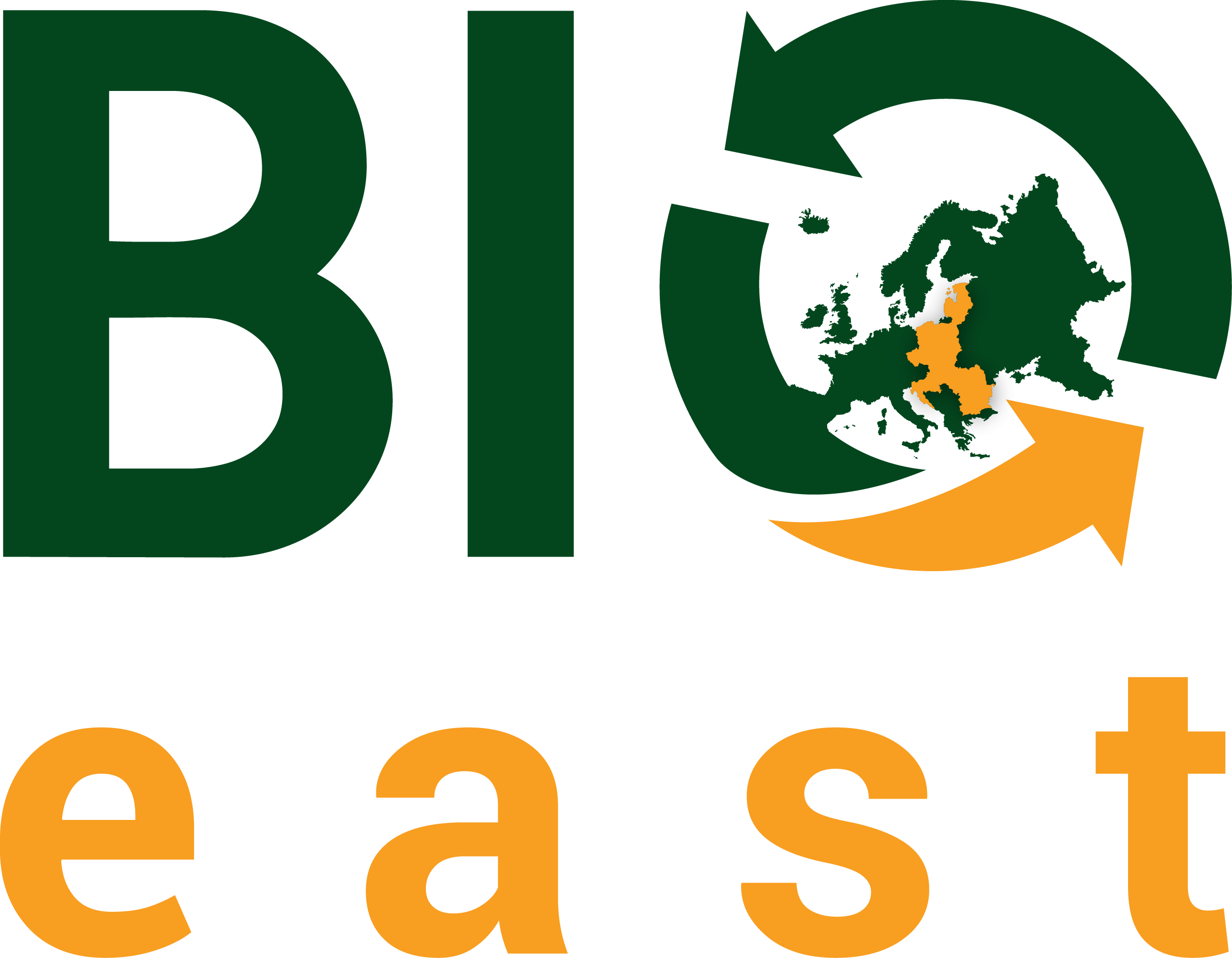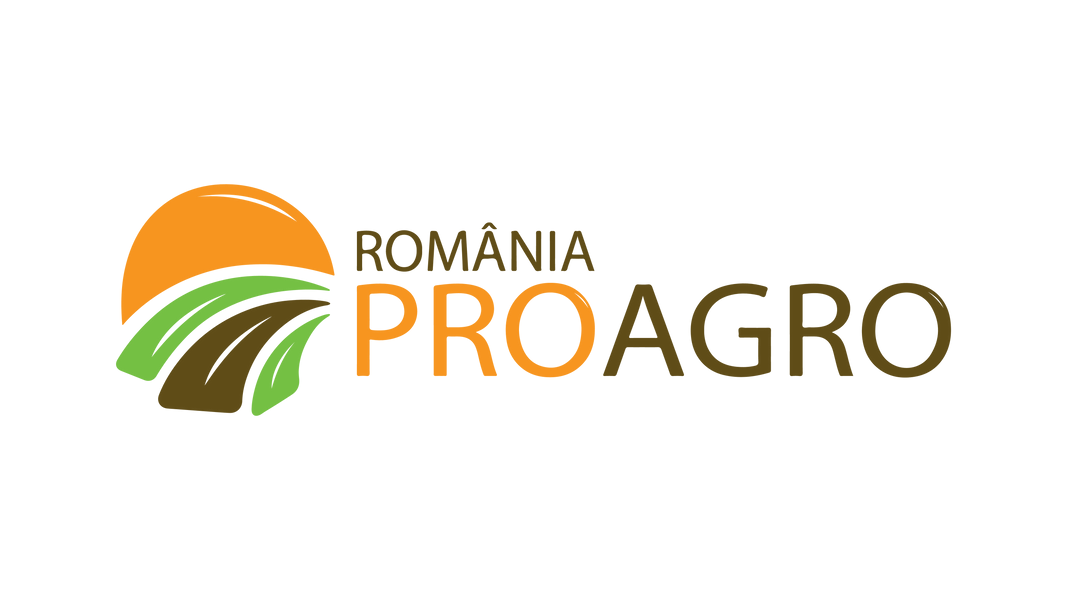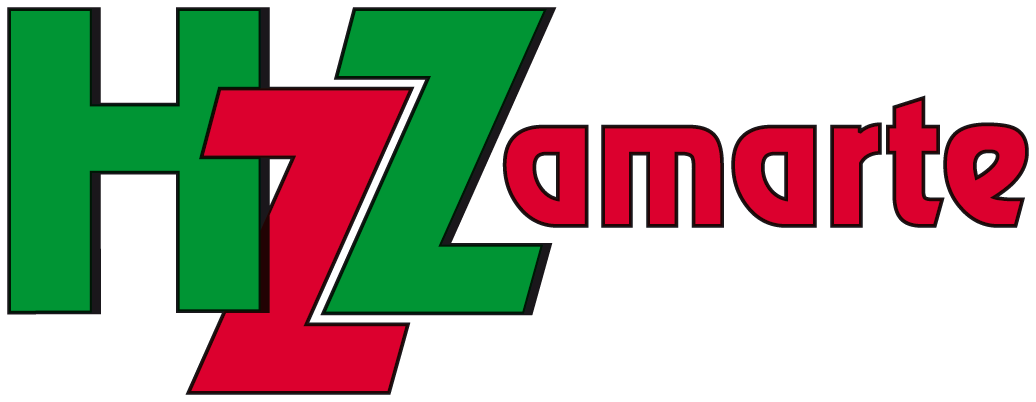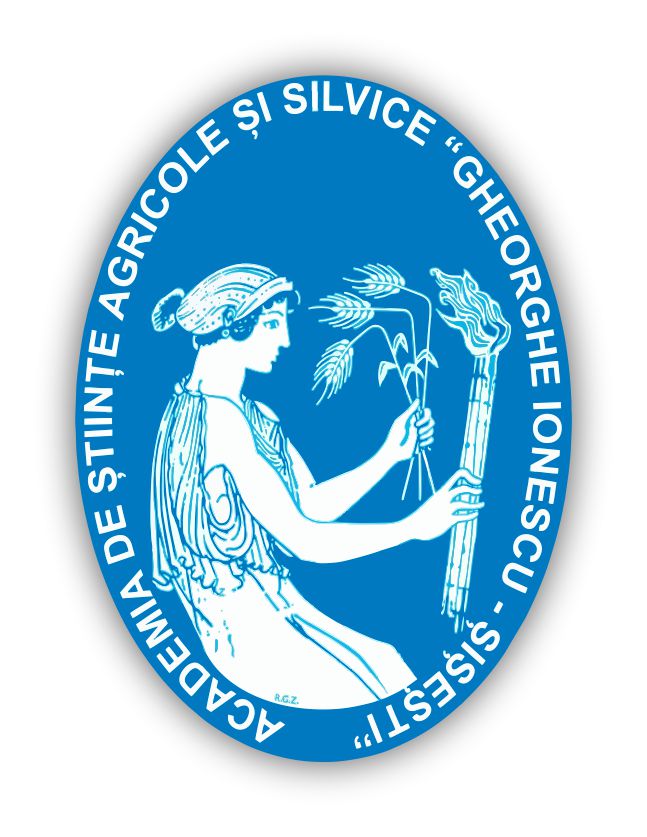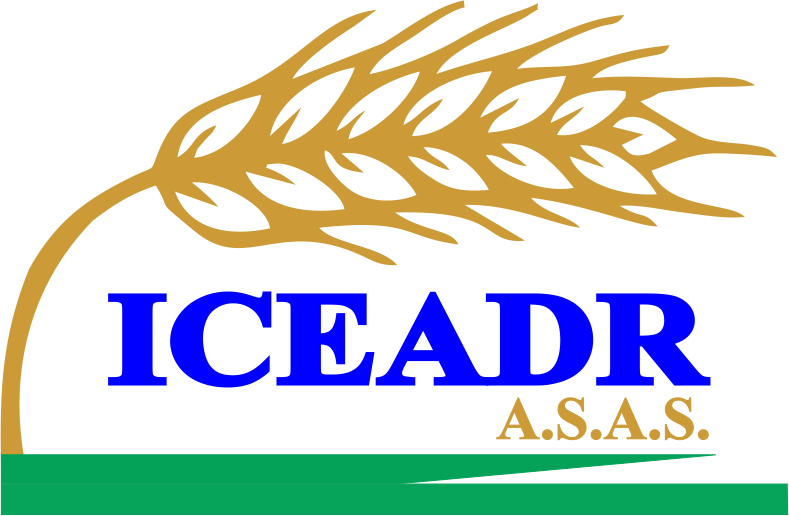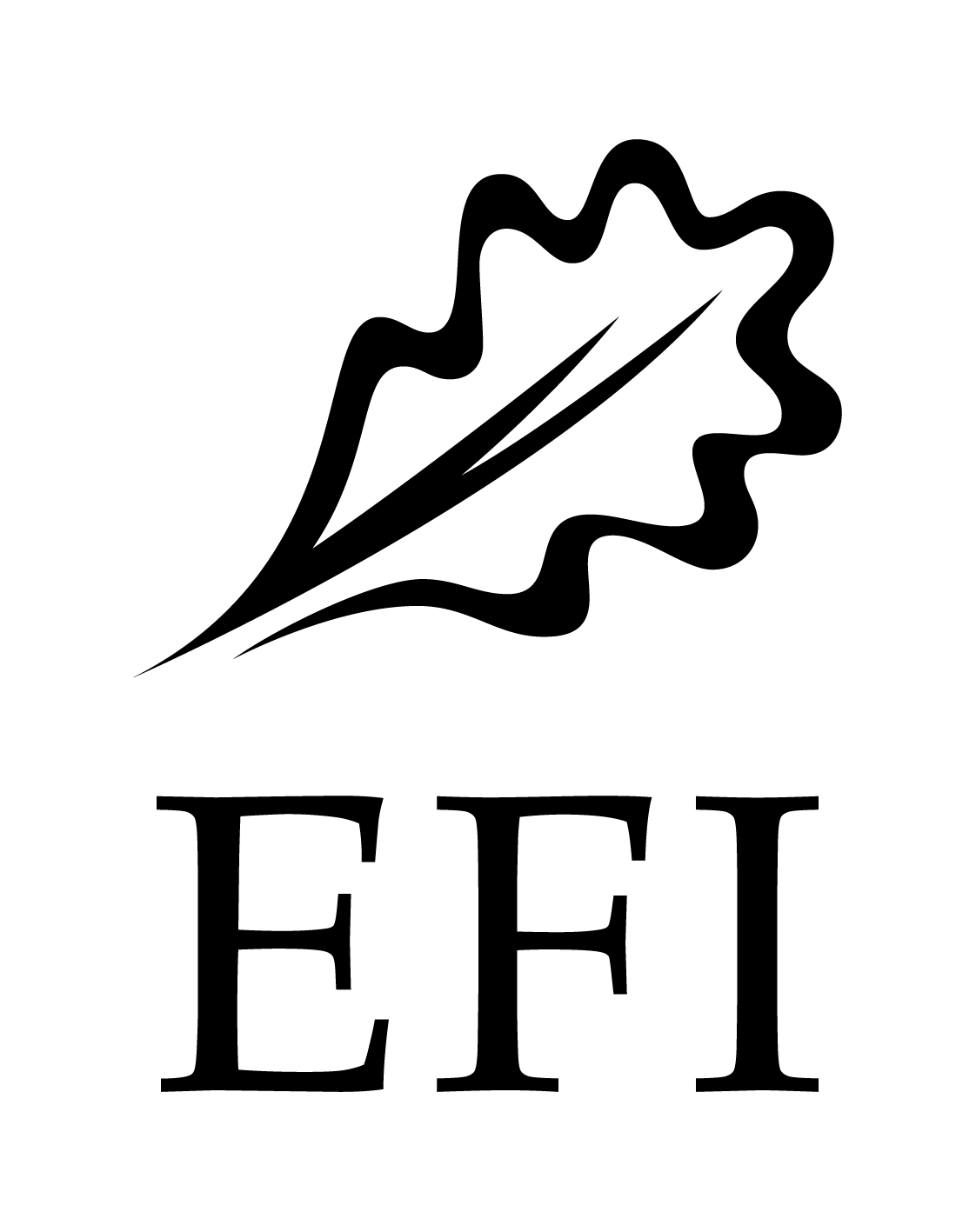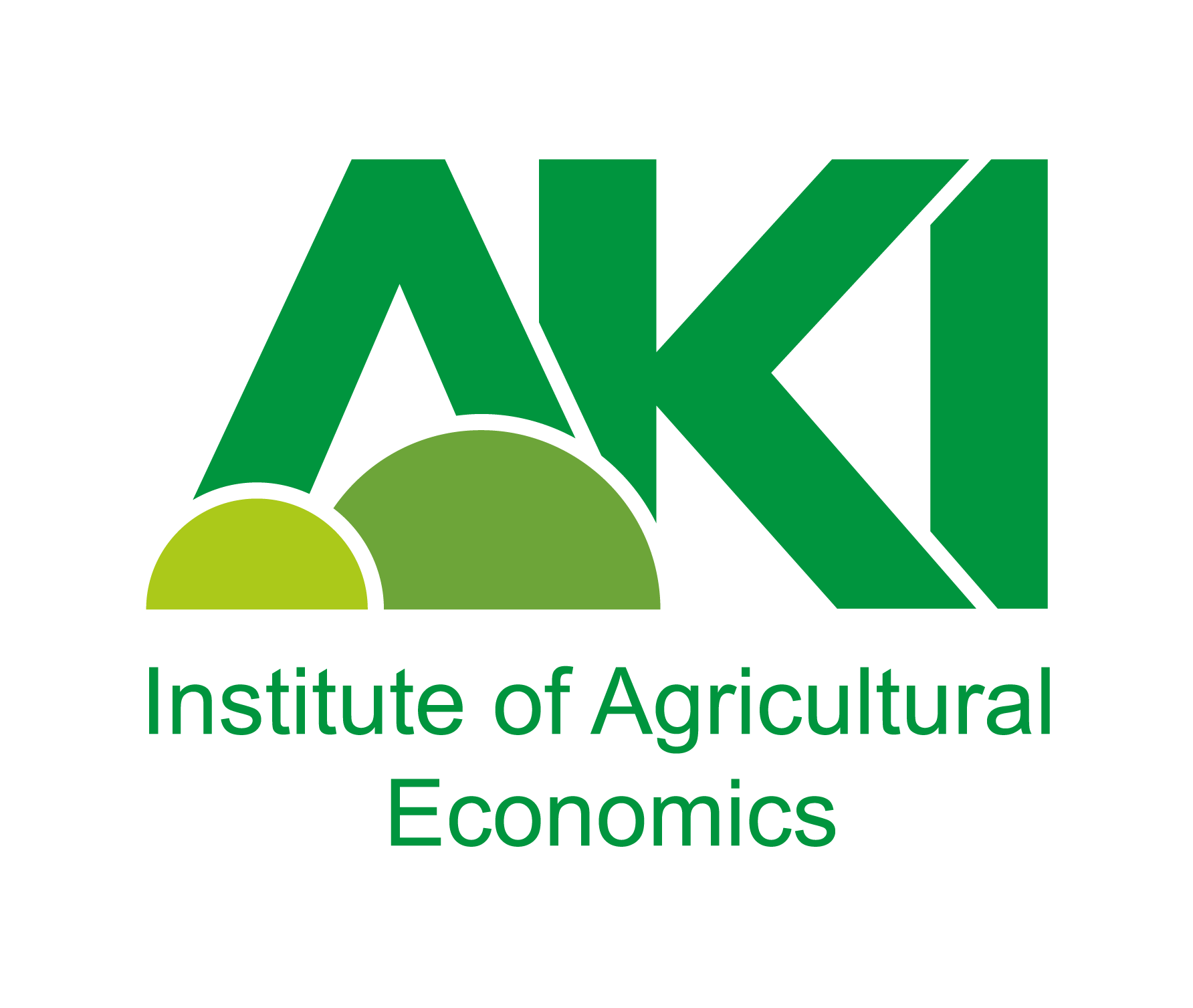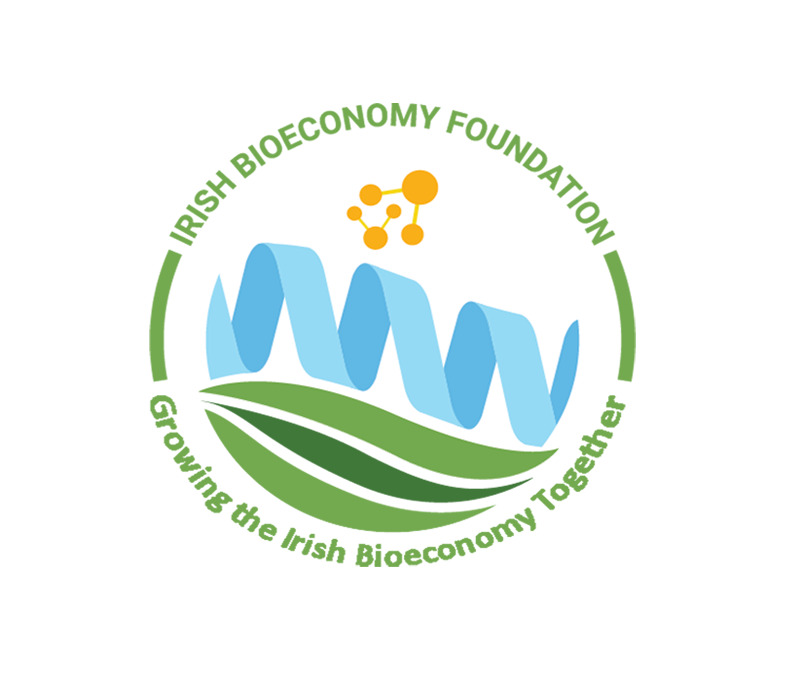Problem Statement
Climate changes pose significant threats to agriculture and forestry. Extreme weather events, prolonged droughts, and increasing pest and disease pressures are leading to unstable yields, soil degradation, and a decline in biodiversity, threatening long-term productivity and ecosystem resilience. At the same time, intensification of conventional farming practices has exacerbated soil erosion, depleted organic matter, and further harmed biodiversity. Small and medium-sized farms often lack access to affordable tools, knowledge, and technologies needed to adopt scalable, agroecological practices that restore soil and ecosystem health while maintaining profitability.
Key issues to be addressed
Solutions should partially or totally solve one or more of the following issues:
- Mitigate the effects of climate change on crop yields and farm sustainability.
- Improve drought resilience through efficient water use and drought monitoring.
- Improve soil health by enhancing soil organic matter and microbial diversity, and by reducing erosion.
- Specifically, increase the availability of potato and other crop varieties that are resistant to pests and diseases.
Type of solutions we are looking for
We are looking for ideas, concepts or prototypes at different stages of development, close-to-market or market-ready solutions, to address –but not limited to– the following:
- Cost-effective technologies to conserve water, optimize irrigation, and improve soil water retention for small and meddium-sized farms.
- Affordable decision-support tools –including mobile apps– for soil moisture monitoring, soil health monitoring, drought prediction and monitoring, and/or water-use planning designed for small and medium-sized farms.
- Microbial inoculants and organic amendments to improve soil health for small and medium-sized farms.
- Precision agroecology technologies adapted to small and medium-size farm conditions to design, implement and/or monitor agroecological and other sustainable farm practices (e.g., new crop rotations, reduced chemical inputs, soil microbiome-friendly methods, mulching, cover cropping, carbon-farming practices, and sustainable agroforestry).
- Early warning systems and tools for managing pests, diseases, and climate-related risks designed for small and medium-sized farms.
- Potato or other crop varieties and pre-breeding materials that are resistant to droughts, to Phytophthora infestans and with strong agronomic traits.
Who can apply?

Technology based SMEs

Corporates

Start-ups and scale-ups

Entrepreneurs, individually or in a team

Students, academics and researchers, individually or in teams

Associations and consortia of farmers or other related stakeholder groups
